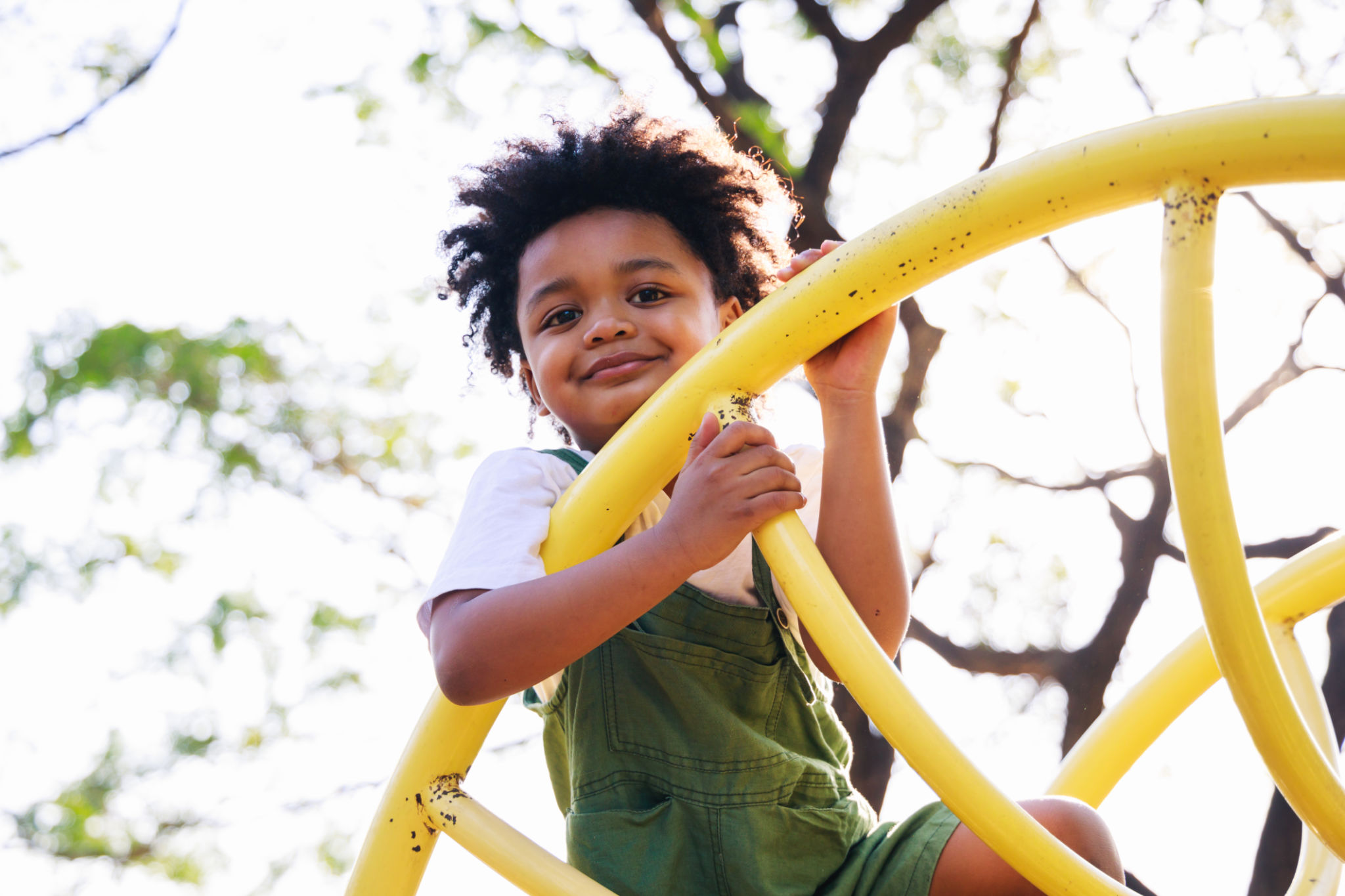Cognitive Performance Optimization: Building Young Minds through Creativity
Understanding Cognitive Performance in Young Minds
Cognitive performance refers to the various mental processes that allow for learning, problem-solving, memory retention, and decision-making. In young minds, these processes are still in development, making it crucial to nurture them effectively. Cognitive performance optimization involves strategies to enhance these mental capacities, and one of the most powerful tools in this arsenal is creativity.

The Role of Creativity in Cognitive Development
Creativity is often misunderstood as merely artistic expression. In reality, it encompasses a wide range of activities that stimulate the brain's ability to think outside the box. For children, engaging in creative tasks can improve critical thinking, enhance problem-solving skills, and foster adaptability. These activities help create new neural connections, which are essential for cognitive growth.
Research shows that children who participate in creative activities tend to have better cognitive flexibility. This flexibility allows them to switch between different types of thinking and adapt to new situations more efficiently. As a result, they develop a foundation for lifelong learning and adaptability.
Practical Ways to Encourage Creativity
Encouraging creativity in children doesn't require elaborate setups or expensive materials. Here are some simple yet effective methods:
- Provide open-ended toys that encourage imaginative play.
- Incorporate art projects into daily routines.
- Introduce music and dance as forms of self-expression.
- Encourage storytelling and role-playing games.
These activities not only entertain but also serve as powerful tools for brain development. They help children learn how to express themselves, understand complex concepts, and develop empathy.

Creativity and Problem Solving
Problem-solving is a critical cognitive skill that can be significantly enhanced through creative activities. When children are faced with challenges during play, they learn to brainstorm solutions and make decisions. This process is vital for developing resilience and confidence. Creative problem-solving tasks also teach children how to approach problems from different angles, thereby improving their analytical skills.
Parents and educators can facilitate problem-solving activities by providing puzzles, building blocks, or even simple DIY projects that require innovative thinking. Encouraging children to ask questions and explore various solutions helps them develop a deeper understanding of the world around them.
The Impact of Creativity on Academic Performance
Studies have shown a positive correlation between creativity and academic performance. Children who engage in creative activities tend to perform better in subjects such as math, science, and language arts. This is because these activities enhance cognitive functions like memory retention, attention span, and logical reasoning.

Moreover, creativity fosters a love for learning by making it enjoyable and exciting. When children are encouraged to explore their interests creatively, they develop a passion for knowledge that can lead to academic success.
Nurturing Creativity at Home and School
Both home and school environments play significant roles in nurturing creativity. Parents can support creative growth by providing a variety of resources, such as art supplies, books, and musical instruments. Schools can integrate creative subjects into their curriculum and encourage project-based learning that allows students to explore their interests deeply.
Collaborative efforts between parents and educators can create a holistic approach to cognitive performance optimization through creativity. By fostering an environment where creativity is valued and encouraged, we can help build young minds capable of achieving their full potential.
